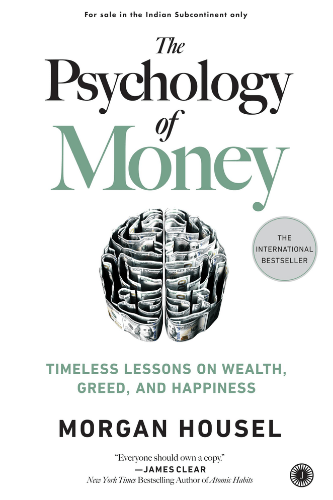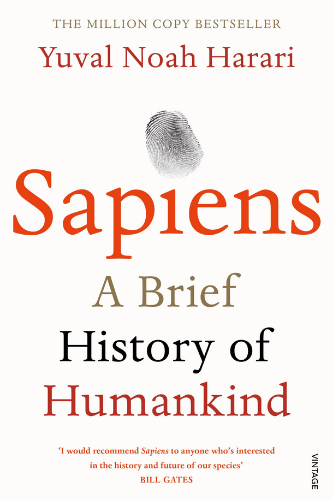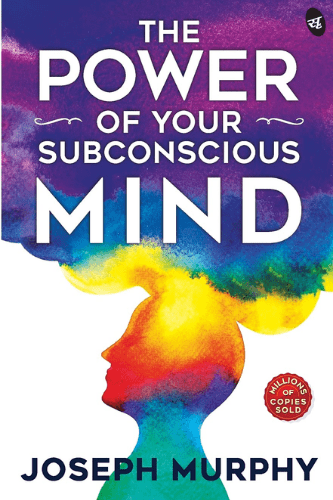To arrive at moral judgments based on moral principles, utilize the following reasoning process: principle + Descriptive Claim(claims) → Judgment. A general moral declaration (expressed either evaluative or prescriptively) that does not relate to any particular person or event is referred to as a moral principle. In contrast, a moral judgment applies the concept to a particular group of people or situations.
Lewis Vaughn is the author or co-author of many books, including “Doing Ethics: Moral Reasoning, Theory, and Contemporary Issues”. He is one of the best critical thinkers of all time. his philosophy and sea of knowledge is pretty impressive and are depicted in all of his books and Doing Ethics Book Pdf Download
| Book | Doing Ethics: Moral Reasoning, Theory, and Contemporary Issues |
| Author | Lewis Vaughn |
| Publication | W.W.Norton And company |
| Publication Date | 22 December 2015 |
| Language | English |
| Date | 720 |
Also Download: Nonviolent Communication | Getting to Yes
Summary of Doing Ethics: Moral Reasoning, Theory, and Contemporary Issues and PDF Download
Ethics is the study of what is right and wrong, good and bad, and it is made up of different points of view on what is right and wrong. It is unavoidable to participate in morality research—that is, to practice ethics. We must all make moral decisions, research moral principles, examine the character of others, and assess the validity of our moral perspectives.
Morality as a guideline: If the moral difference between two people is none then we should treat them the same: equals must be treated equally. The amoral legislation would declare, “Everyone must refrain from stealing food at grocery stores—except Mr X, who may take as much as he wants.” Such prejudice might be used to demonstrate unjust racial discrimination.
Religion and morality: Many individuals believe that morality and religion are inextricably linked. Given that all religions presume or claim a moral standpoint, this attitude is expected. Religion’s tremendous effect may be seen in secular laws and individual values of believers and nonbelievers, at least in the West. A voyage into ethics with an open mind might be more significant and mightier than you can ever imagine.
Ethics in conflict: Moral philosophy provides a neutral norm via critical thinking, well-made arguments, and thorough study. Theists believe that reason is a divine gift that permits humanity to comprehend scientific, life and moral truths. Many religious philosophers have resorted to reason to analyze the nature of morality, which is unsurprising.
Relativism: Morality from a personal standpoint, is an activity X beneficial to Ann if she agrees, but damaging to Greg if he does not. Action X is not objectively correct or incorrect; it is correct (or incorrect) in the person’s opinion. The morality behind any activity is determined by their moral choices; there is nothing as objectively or universally acceptable as strawberry ice cream. According to subjective relativism, when Maria feels the death penalty is appropriate, she is only expressing her acceptance, and when Carlos believes it is not, he is simply expressing his disapproval. They are just expressing their opinions on the death penalty, therefore they’re not exactly debating.
Nothing Maria says could contradict what Carlos says, so they might just as well be talking about how much they both love strawberry ice cream. Subjective relativism is unsustainable because real disagreement is a part of our moral life, and it opposes this fact.
In terms of culture: relativism Moral judgments in other cultures are often opposed to our own. Just because people from the cultural difference of different notions about morality doesn’t mean none of them is objectively correct—nor does a convincing argument. Philip Stanley: Some argue that if a core set of moral values were not universal, civilization would fall apart. Stanley: However, moral judgments may differ not just because persons believe in different moral principles, but also because they hold different non-moral beliefs. Tolerance is just as easily justified as intolerance in the context of cultural relativism.
It is appropriate for that civilization if a culture fosters intolerance. As per their cultural relativists, intolerance may be justified under certain circumstances. They can’t claim that tolerance is morally appropriate in all situations at the same time.
Emotivism: Moral judgments are not assertions that can be shown to be correct or incorrect. For the emotivist, “moral” questions have a fundamentally different function. They’re not designed to support statements; rather, they’re designed to manipulate people’s emotions or views. Because moral assertions elicit emotions, “giving explanations” entails presenting nonmoral information that might influence those responses. According to emotivism, there is nothing as good or evil.
Declaring anything fantastic is merely expressing pleasant sentiments or a positive attitude regarding it. Pain may be unpleasant, but unpleasantness (or goodness) is not a characteristic of pain.
Arguments that are both brilliant and repulsive: Deductive and inductive arguments are further divided into two distinctive types of arguments. Deductive arguments are based on providing logically compelling justification for their results. Inductive arguments, on the other hand, merely provide acceptable evidence for their conclusions; a powerful argument gives you a compelling reason to believe a claim. In the SAT argument, inductive reasoning is used. Its goal is to support the argument with authentic proof for the conclusion rather than clear proof.
Good arguments must have both the required form (valid or convincing) and the appropriate content (reliable). An argument that fails in each of these categories is considered bad. Examine the structure of an argument as well as the correctness of its premises. The process of determining the form of dissent is typically simple. Some logical formulas are so complex that merely understanding them gives you an edge over others.
Inferred premises are those that can be deduced from the evidence: Moral arguments typically have unstated premises because they are too obvious to articulate. In most cases, implicit premises should not be permitted unchallenged; unless they are stated openly, evaluation becomes difficult or impossible. The argument will only work if the missing premise is given. If there seems to have a logical difference between the surmise and the denouement while examining an argument, you should try to specify any suggested assumption (or premises) as precisely as possible (or premises). Some arguments are irreversibly flawed, and no amount of well-articulated premise can fix them.
Moral assumptions and arguments: Moral arguments are the propellers that propel ethical dialogue and reasoning forward. A typical moral argument consists of the surmise and the denouement, with the latter being a moral statement or judgment. The majority of non-moral observations do not decide if a particular act is fair or unfair or if an individual is amicable or ill-intentional. Why is it important to have at least one logical standpoint? Without a moral premise, the argument would not have the freedom to get off the ground.
We can’t assume that a moral assertion is true just because a nonmoral situation occurs. That is, we cannot judge what should be only based on what already exists. A common moral argument is a moral judgment, or claim, about a particular type of conduct. However, unless the two are linked by a nonmoral premise, we can’t derive a statement about a specific kind of action from a moral claim (premise) about a broad category of activities.







